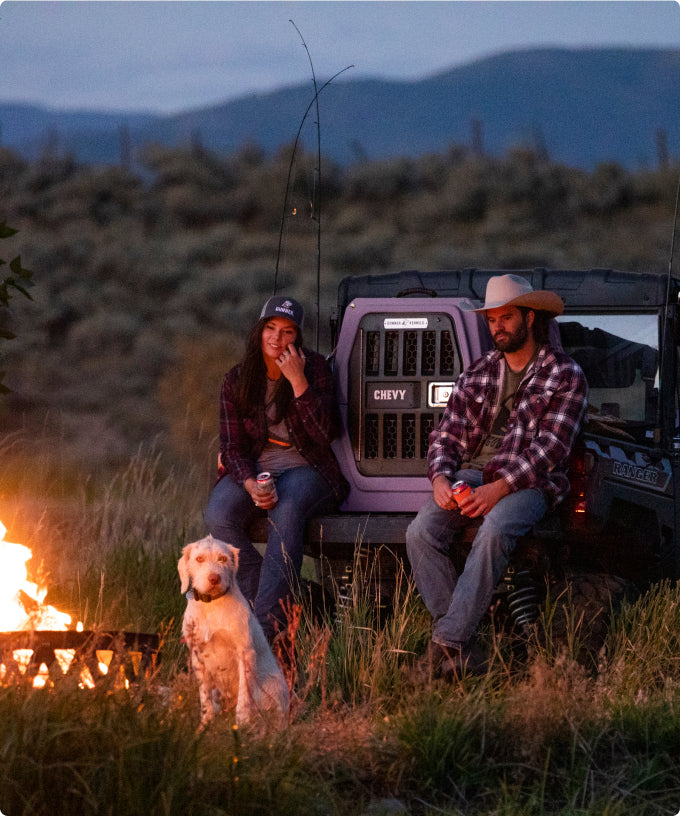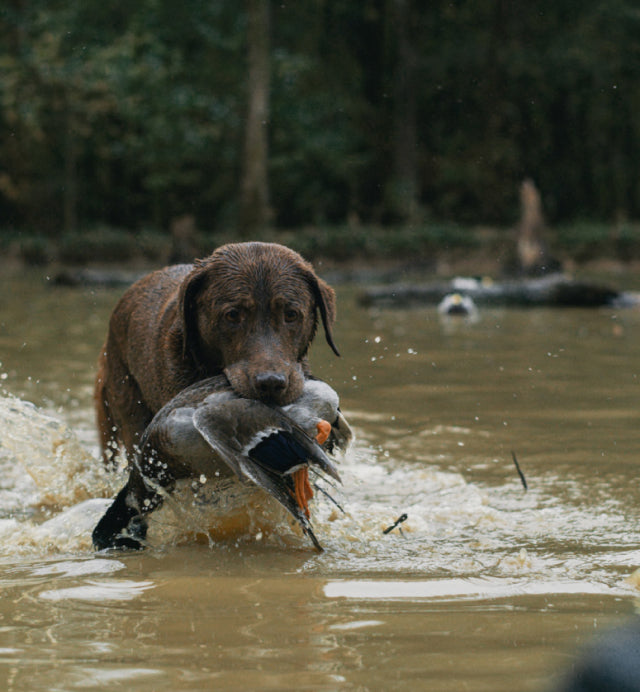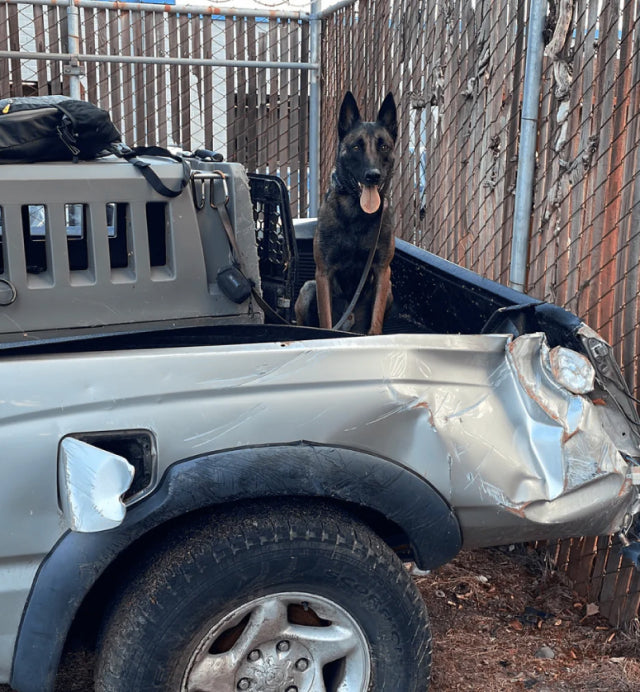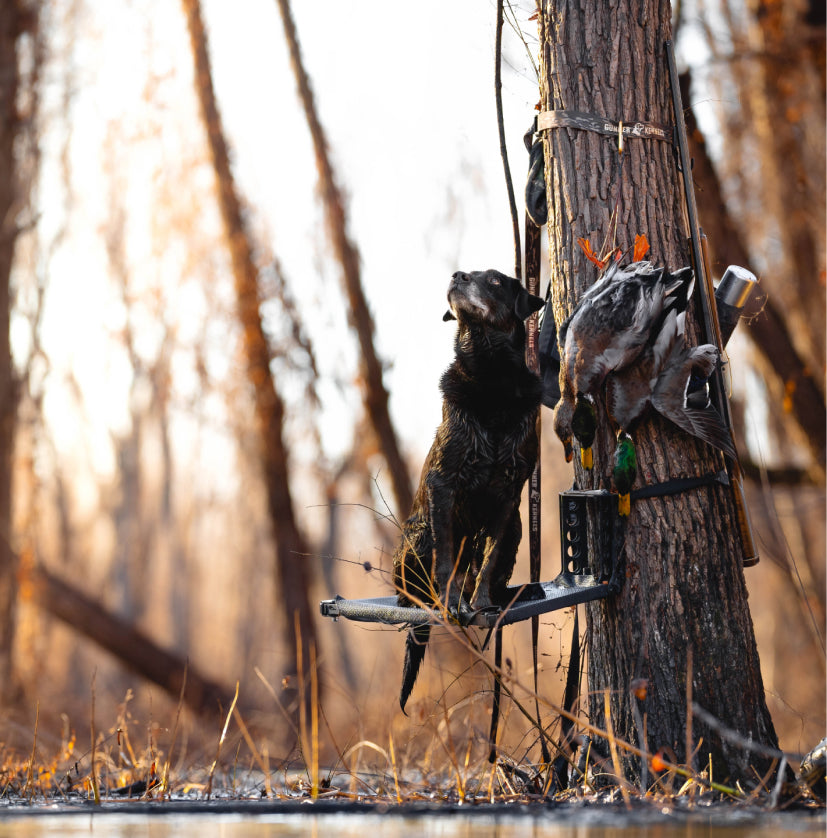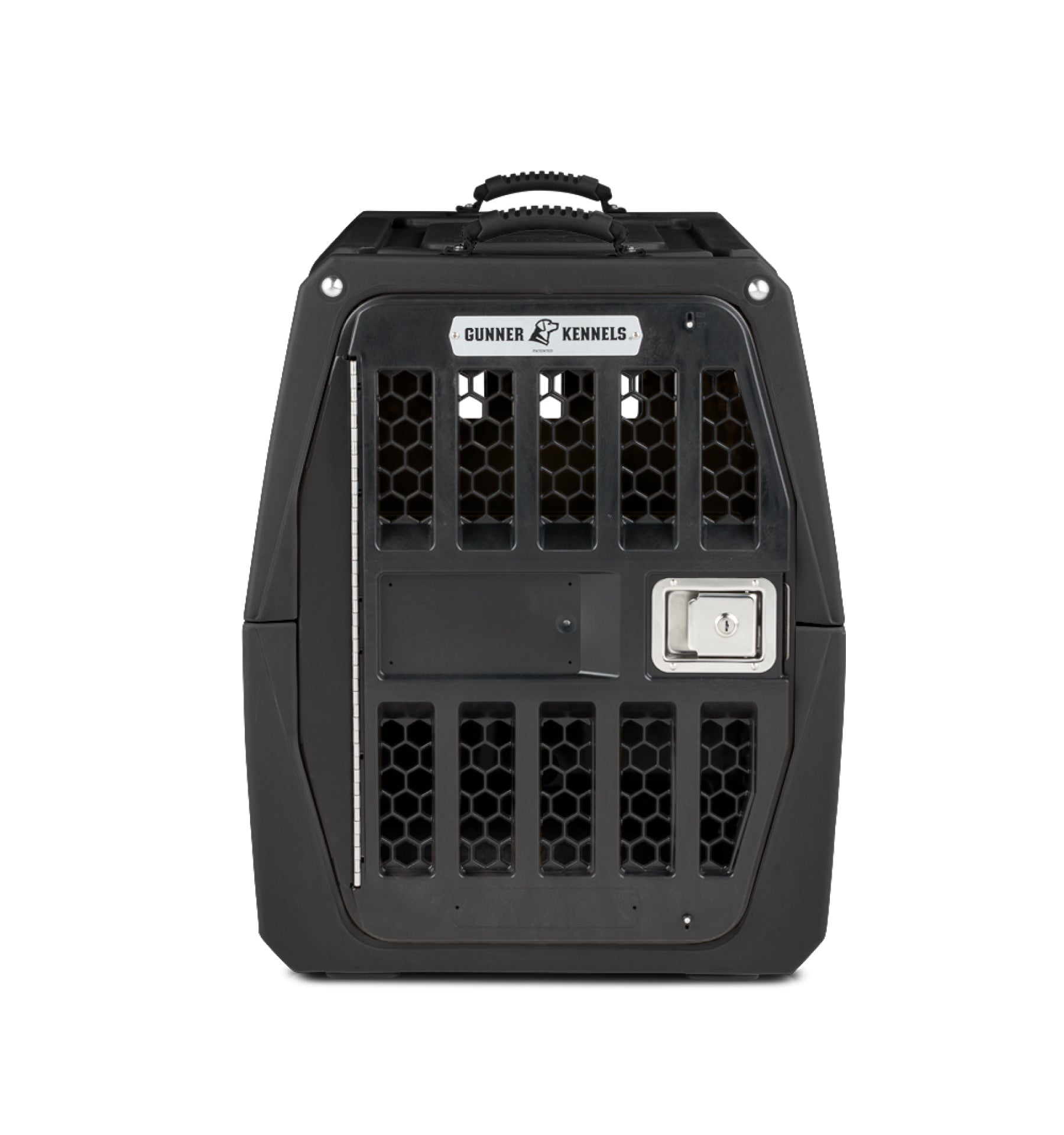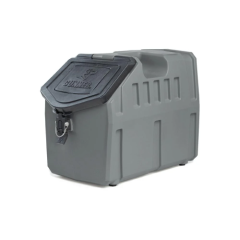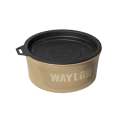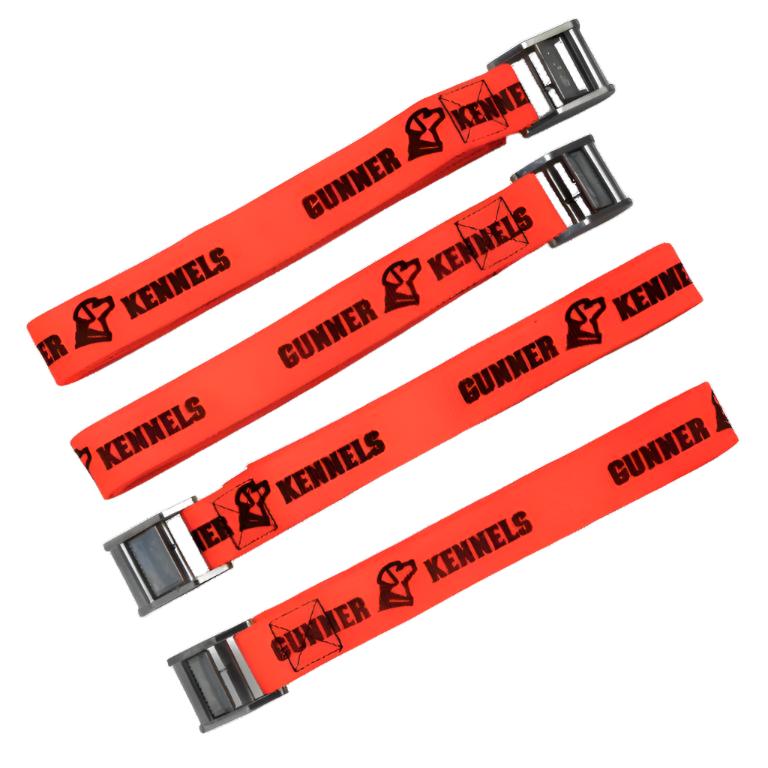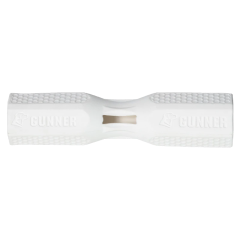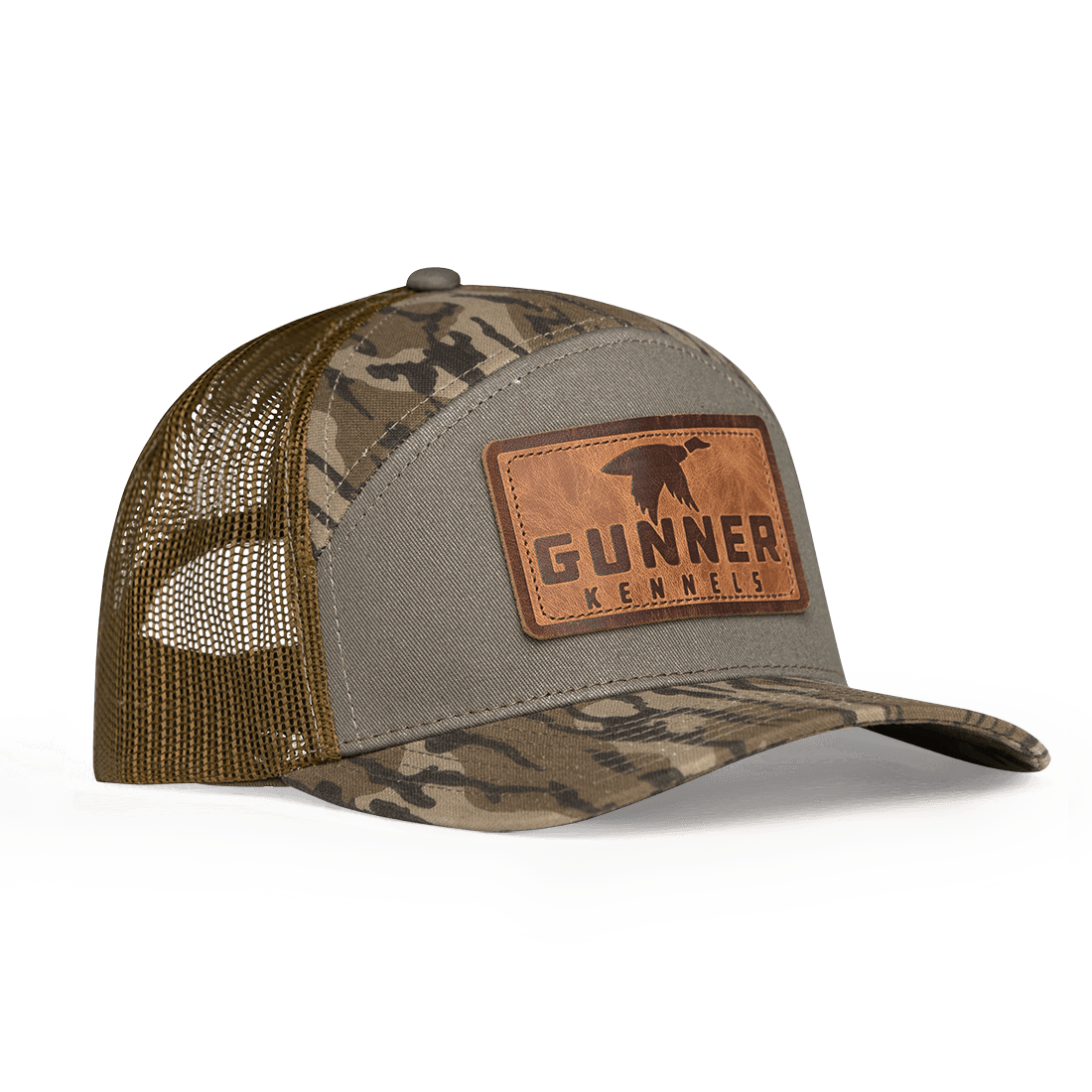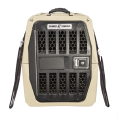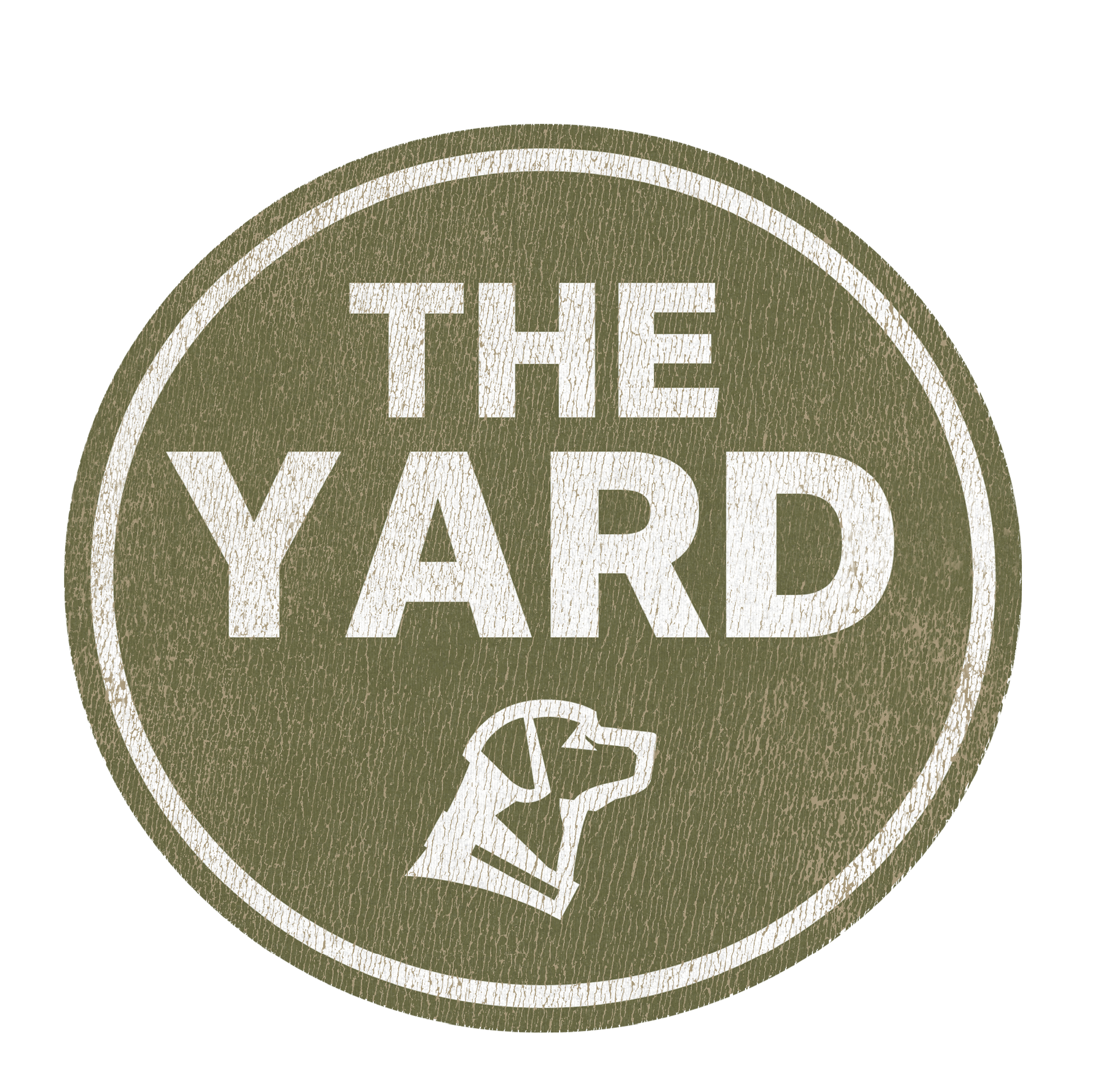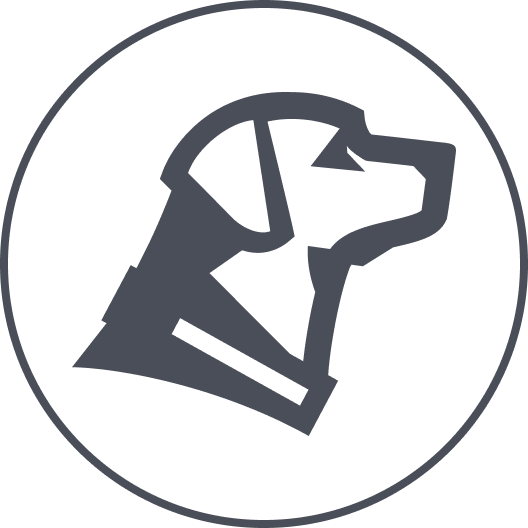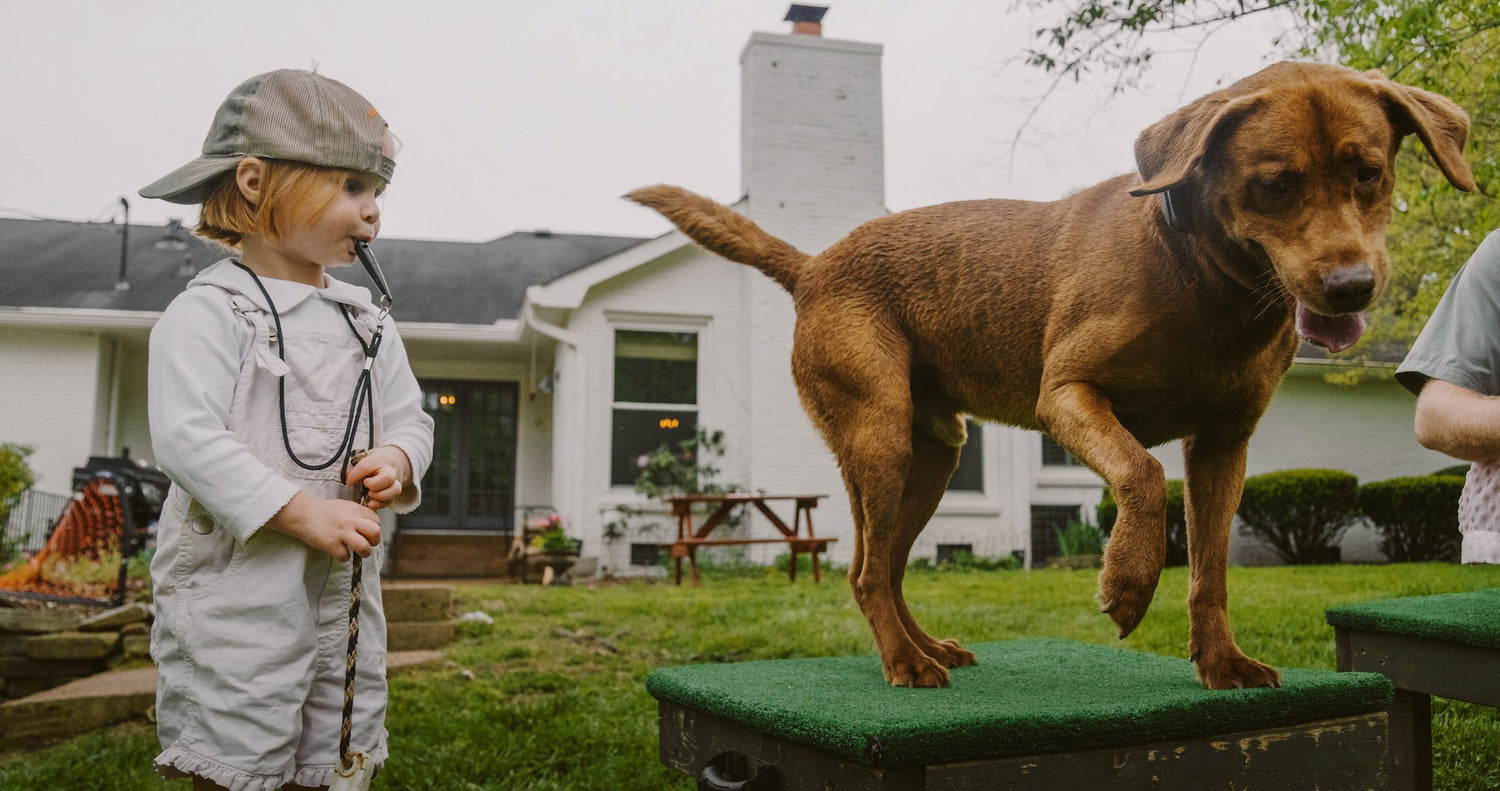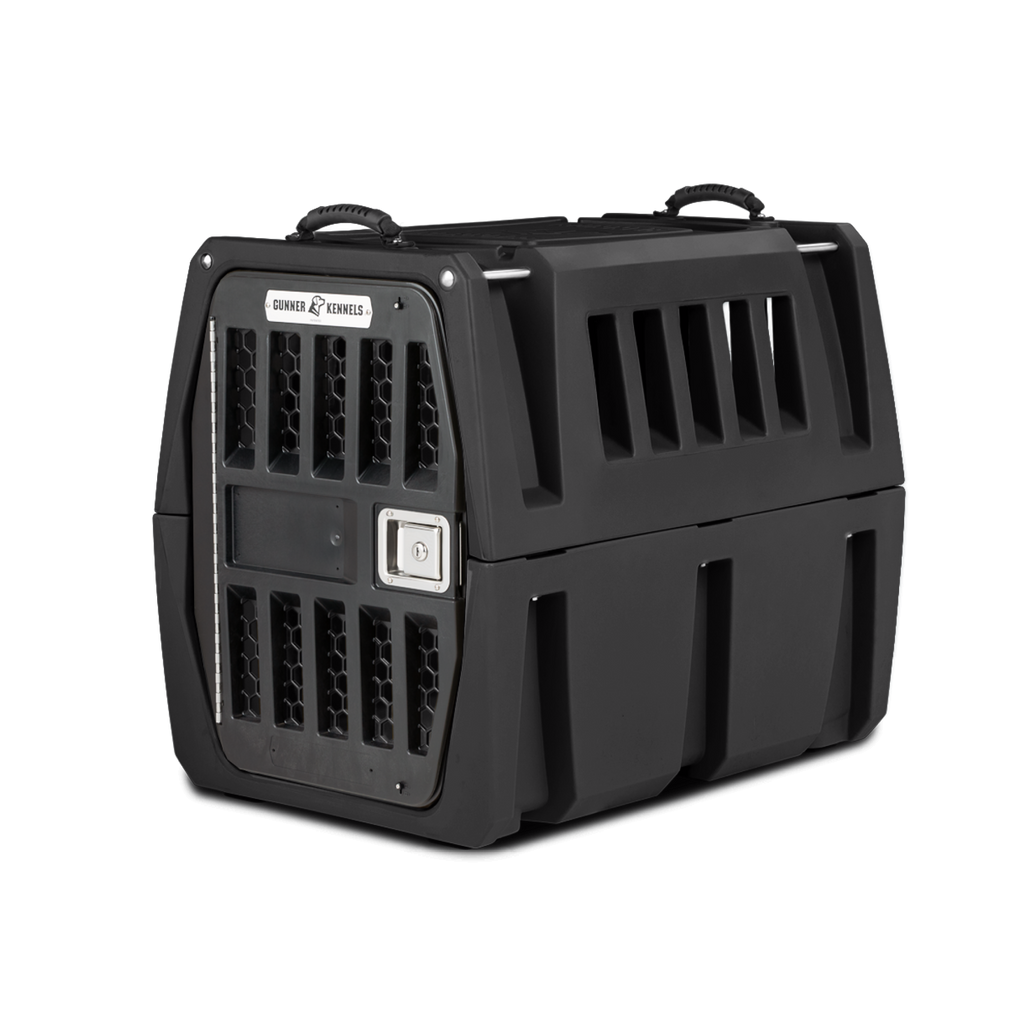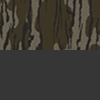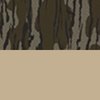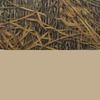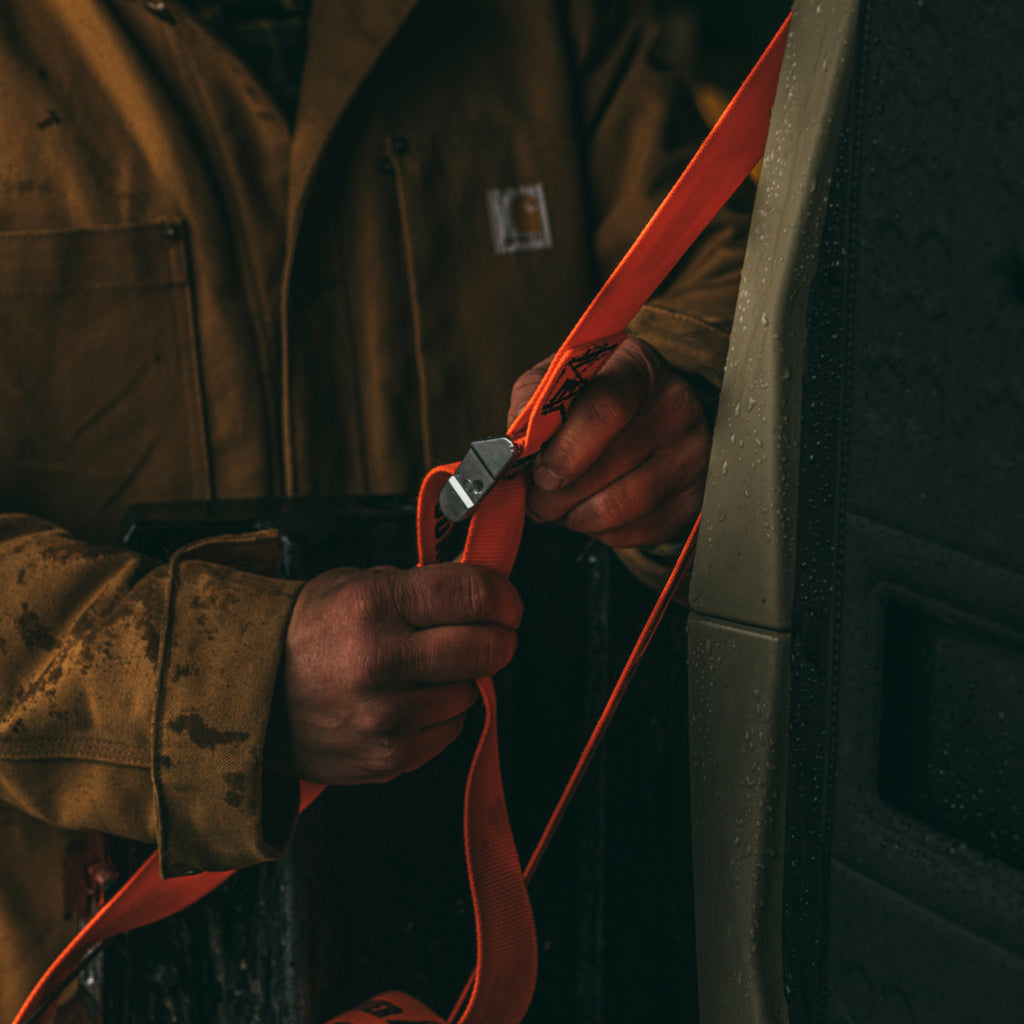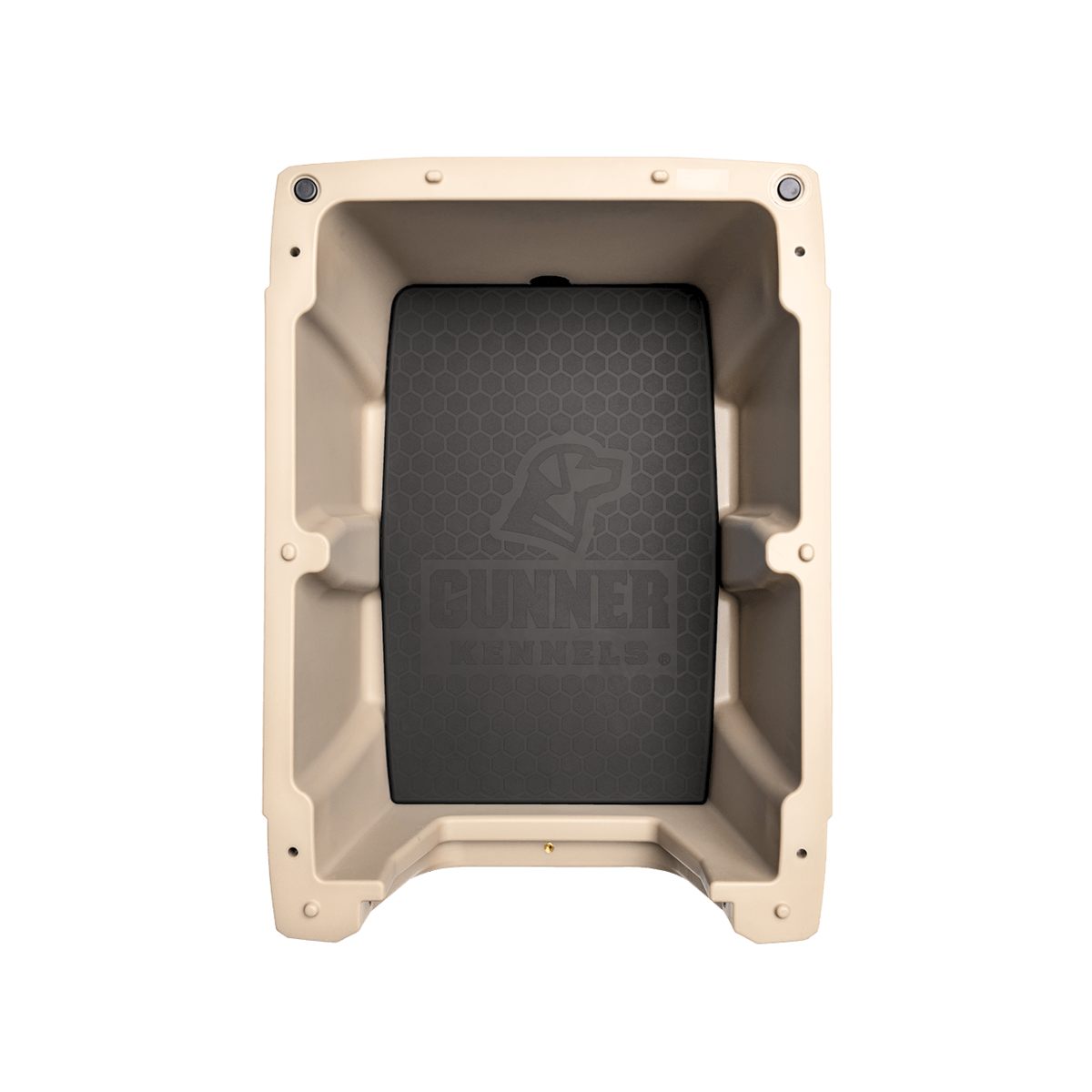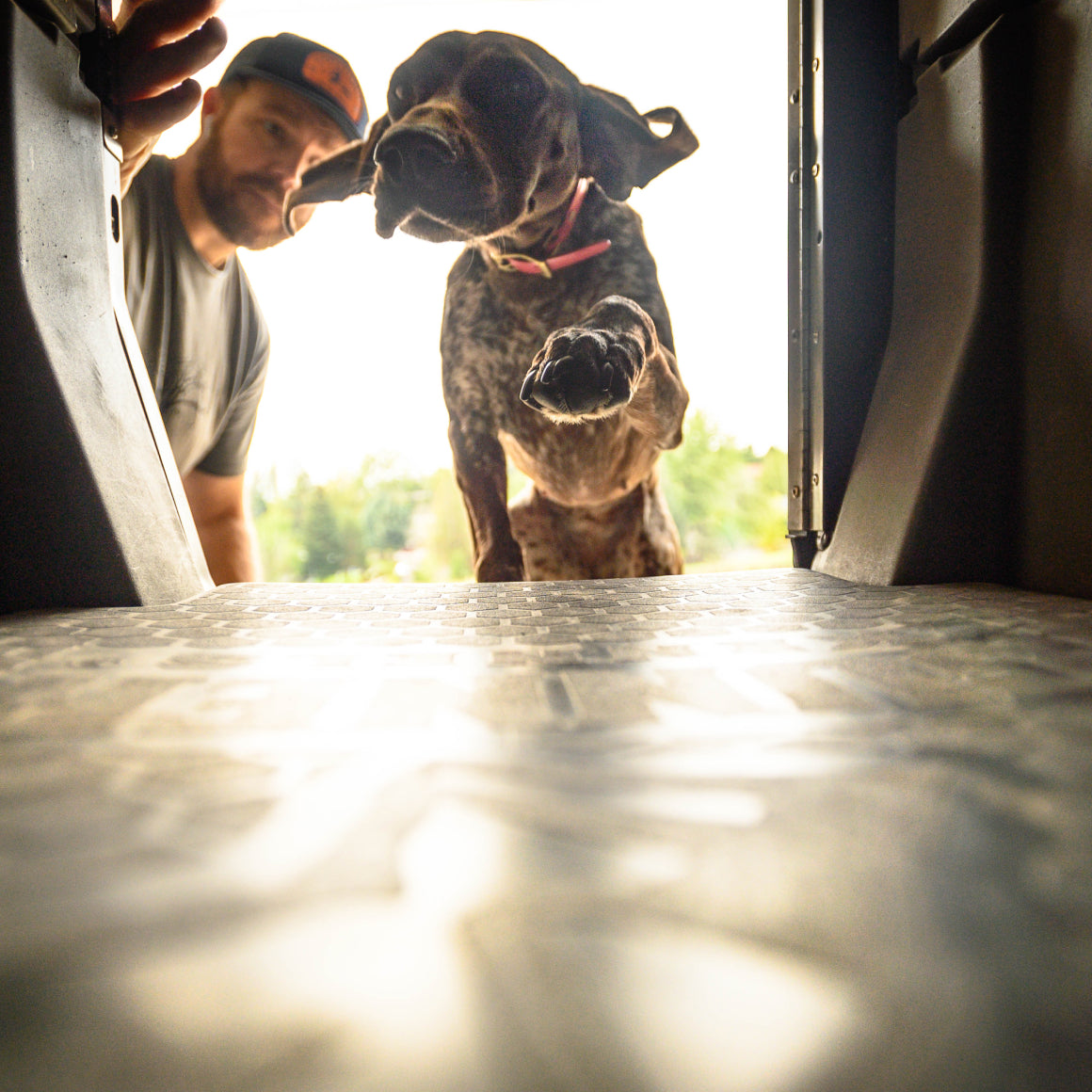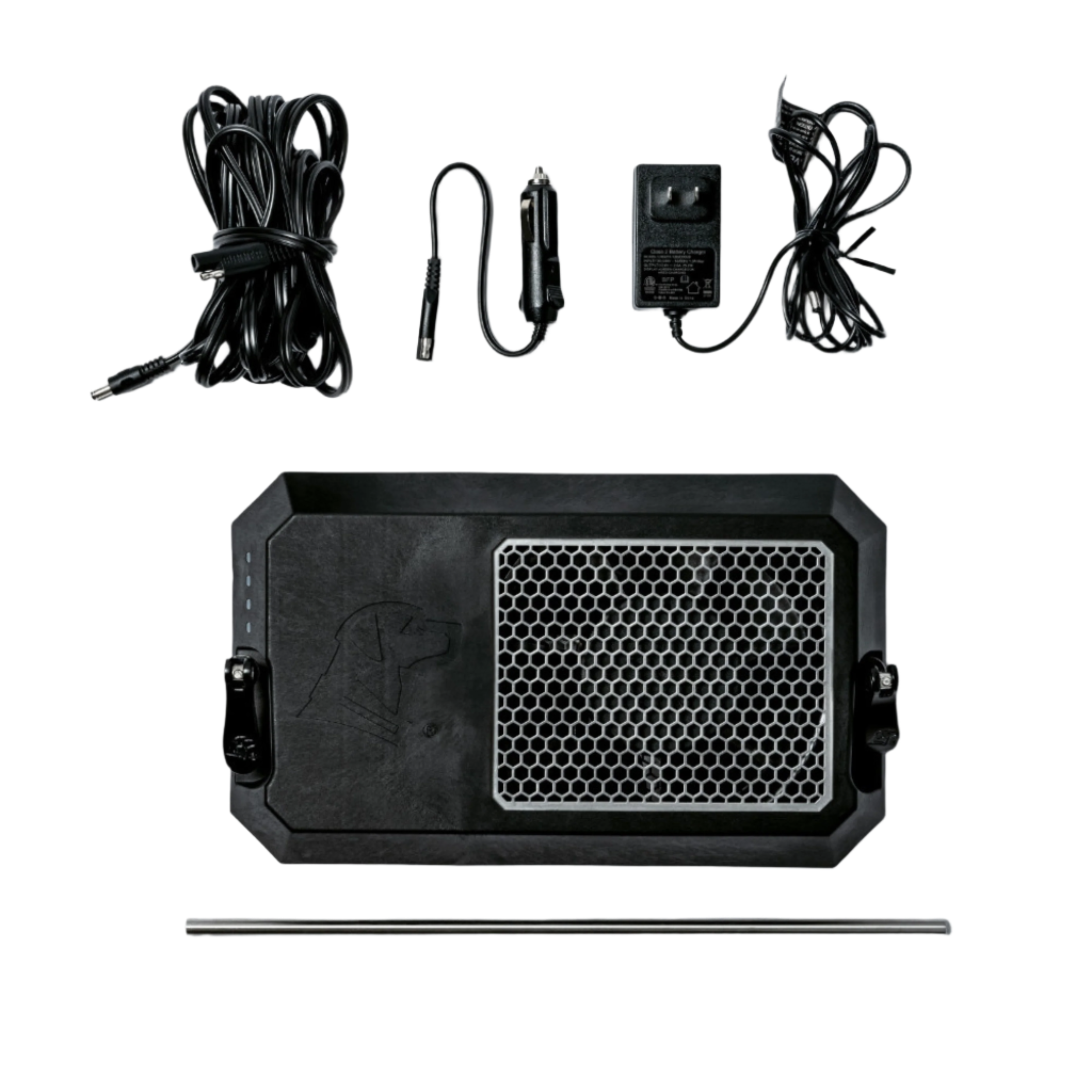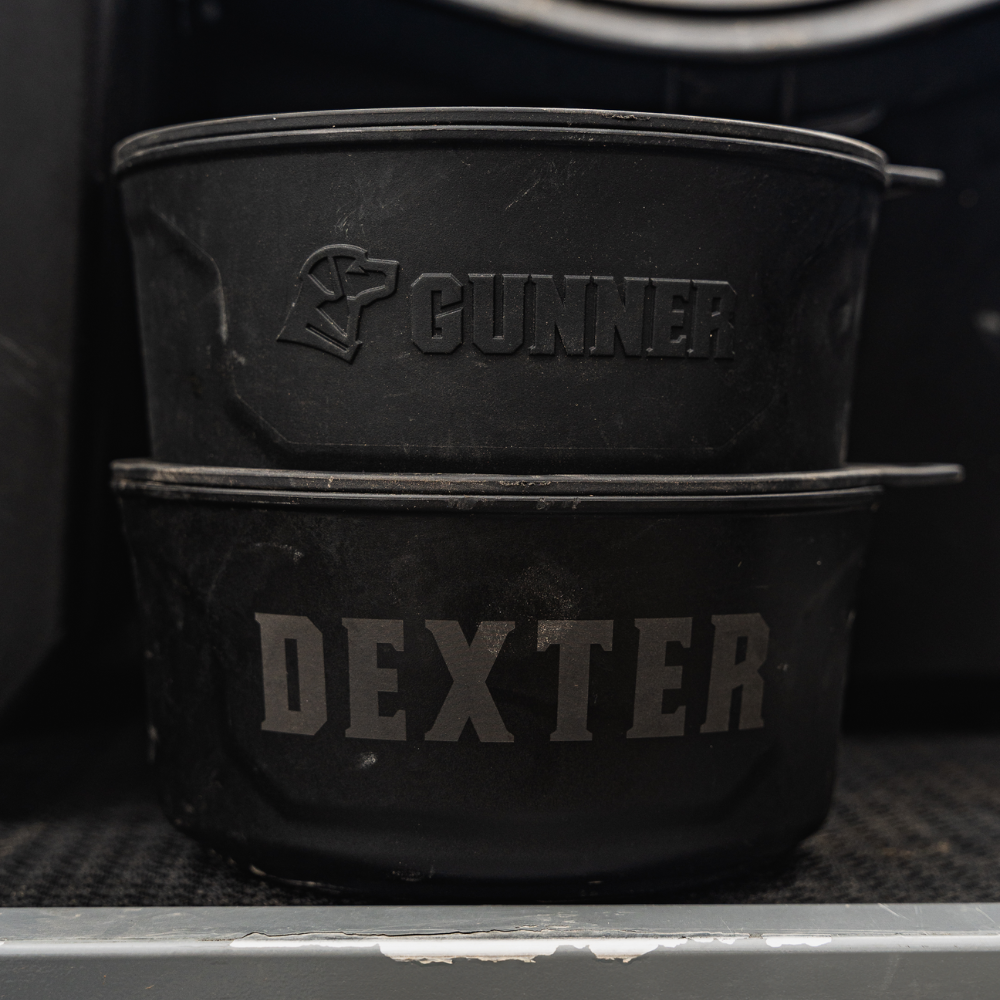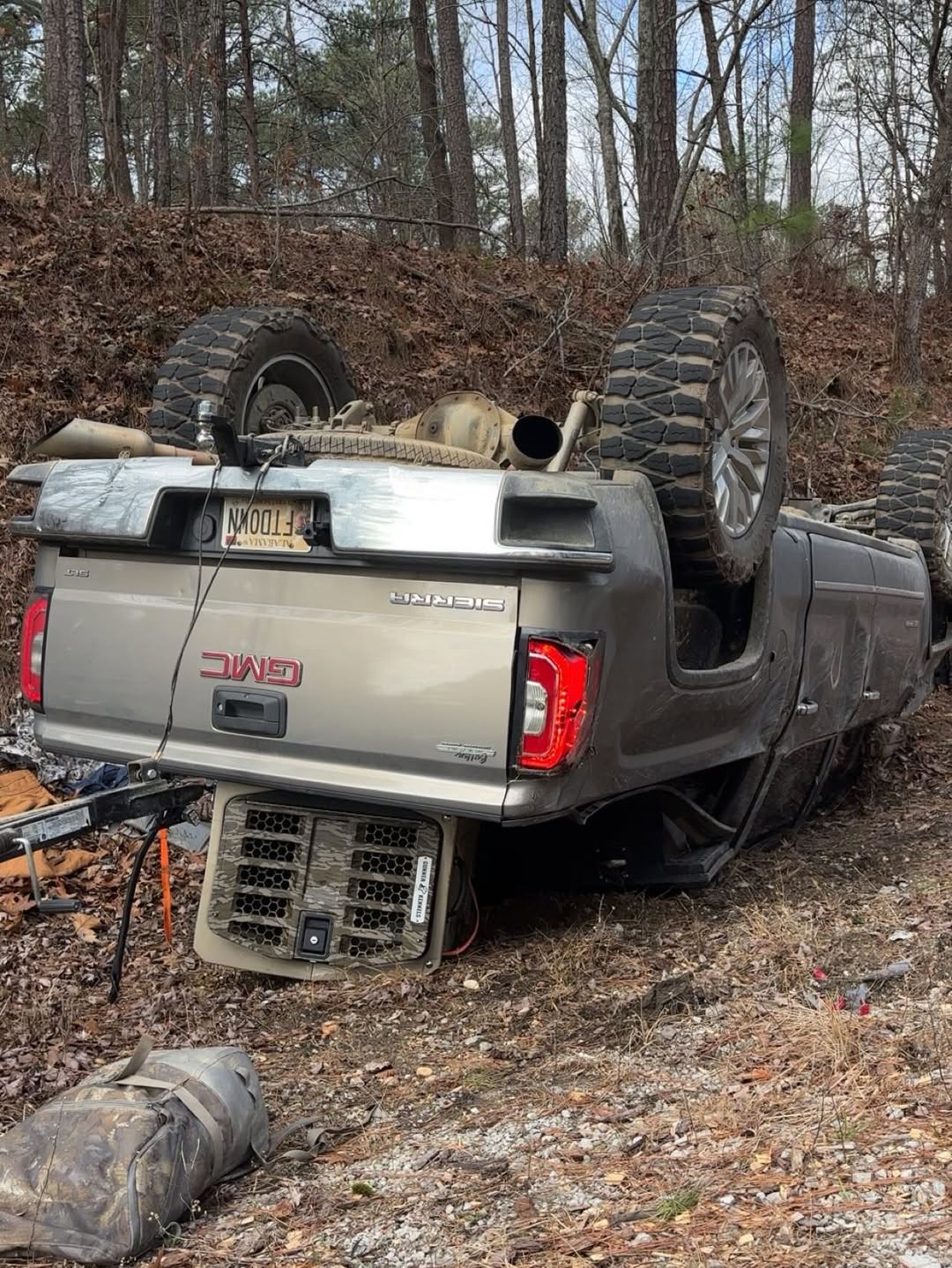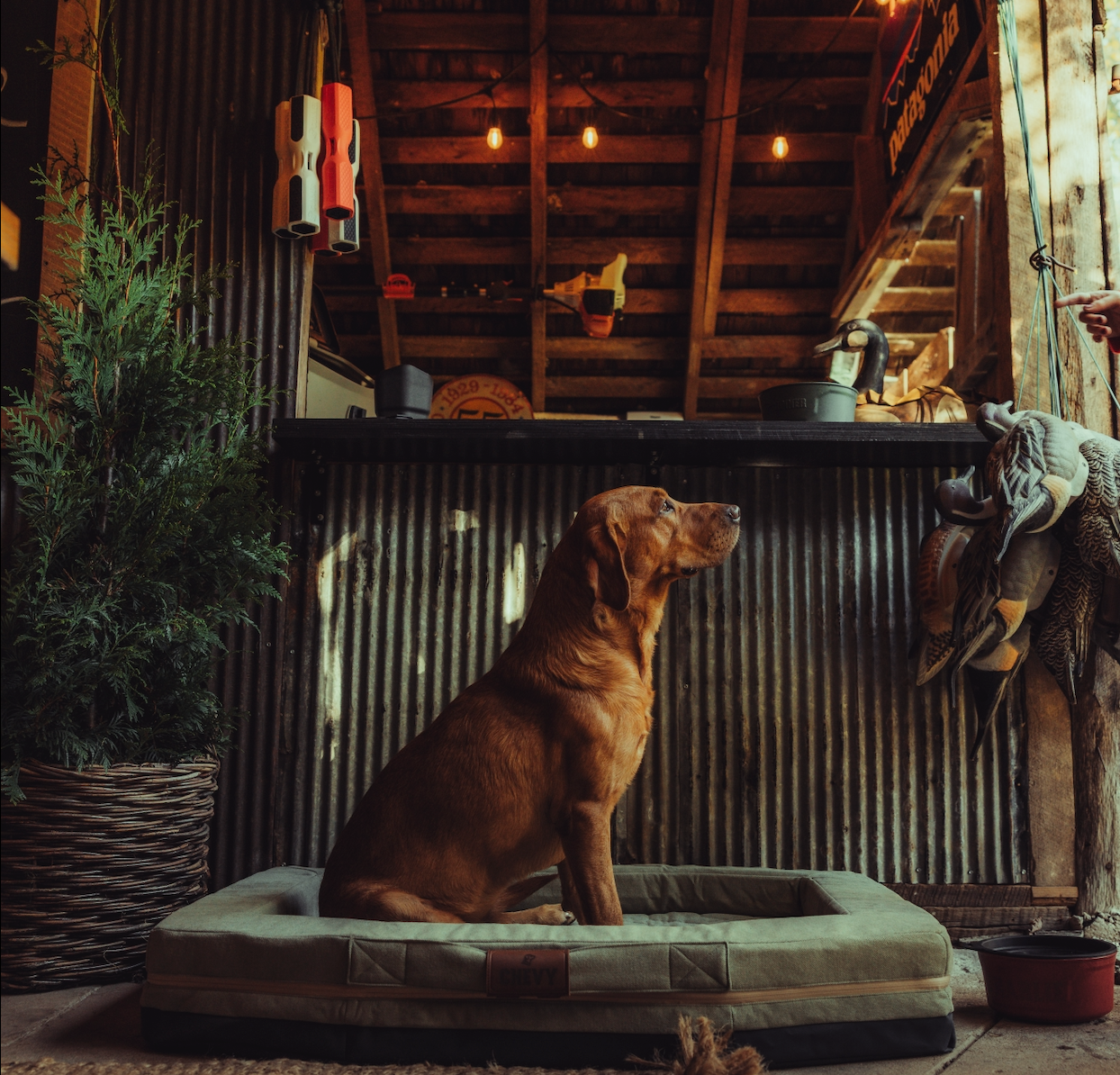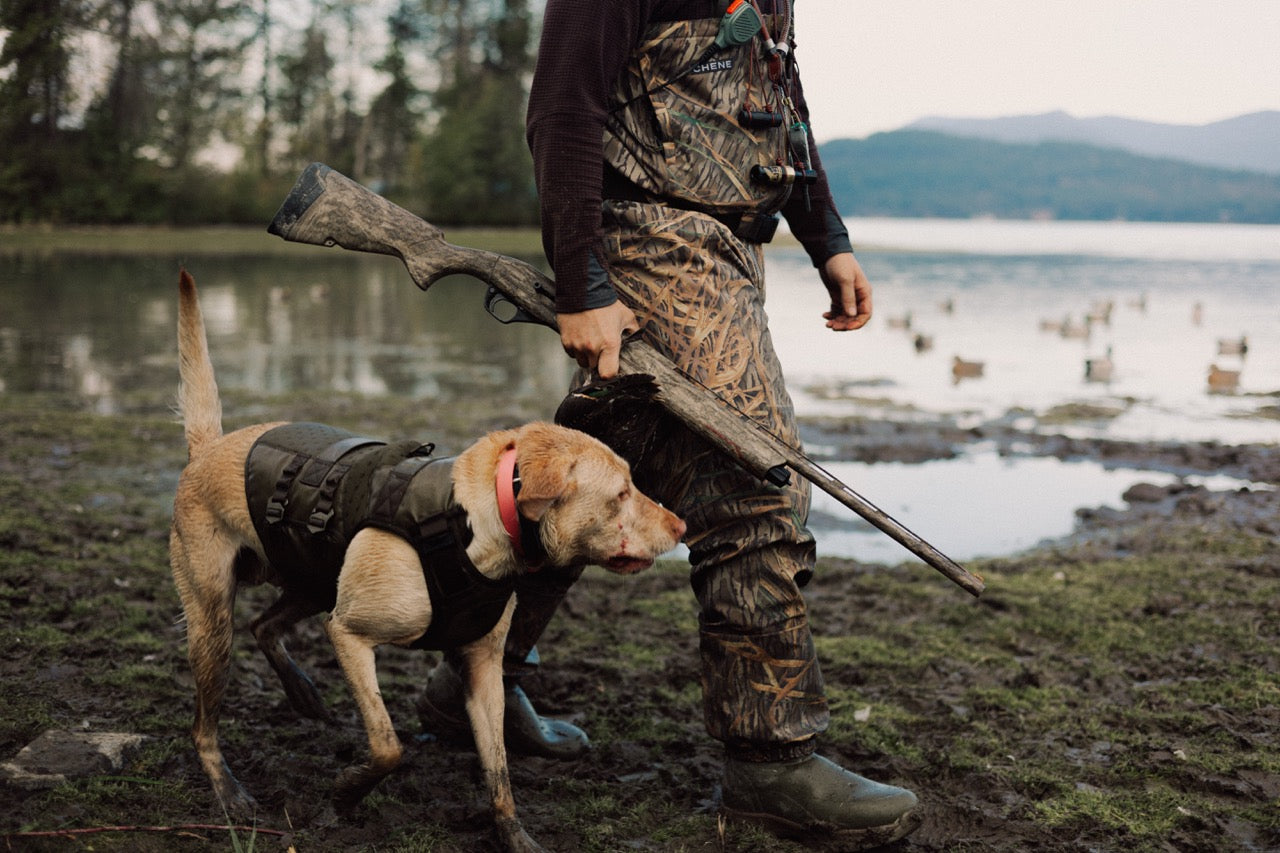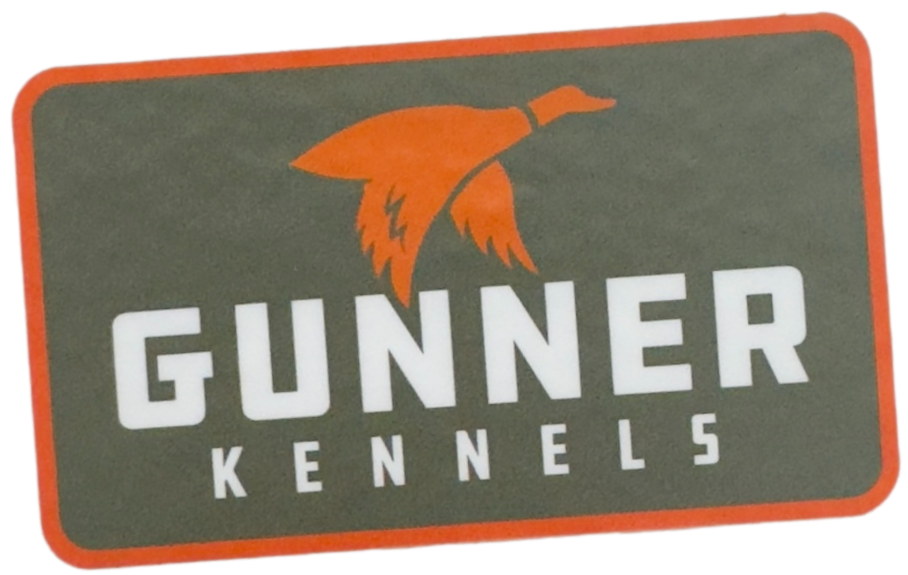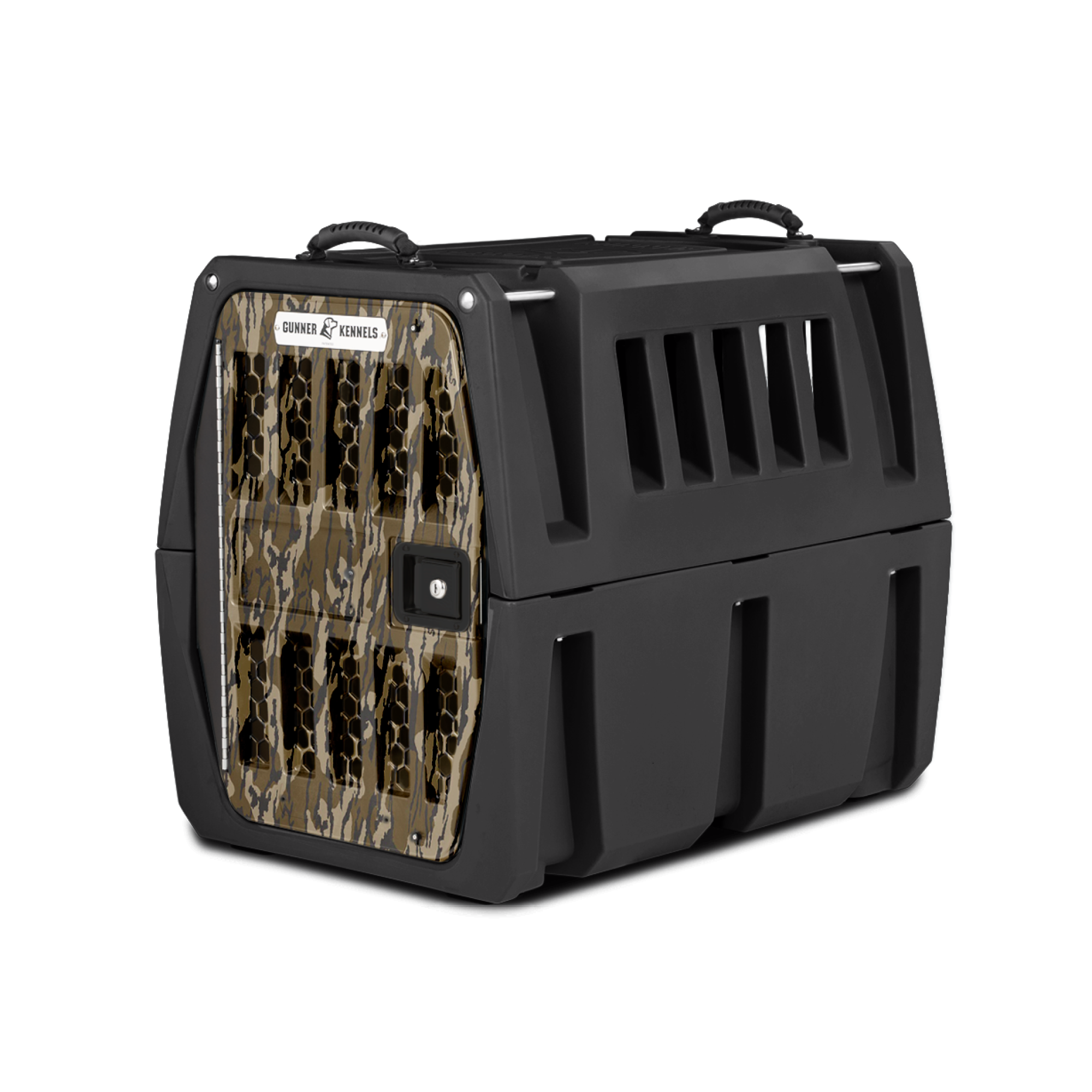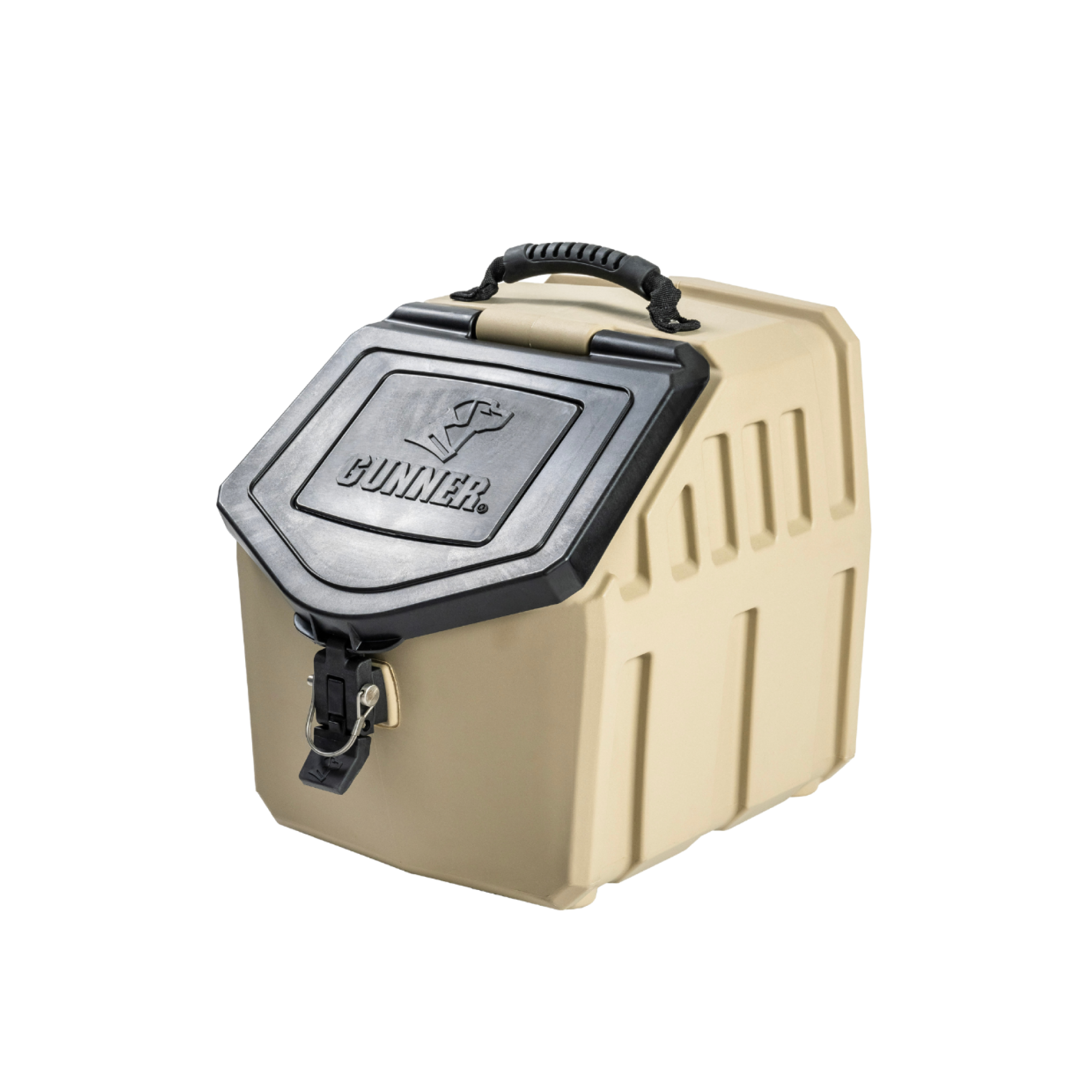It’s the time of year when the decoys have been (begrudgingly) put away and the rest of your waterfowl gear has been buried until the fall rolls back around, and you reflect on the duck season that has now passed. Hopefully, there were a lot of exciting mornings and memorable retrieves… but were there moments with your duck dog that you’d like to improve for future hunts? Probably. Fortunately for you, the off-season is a great time to keep your hunting hobby alive and work with your gun dog to improve their skills to help make next season even better.
To help provide some professional advice, we chatted with Bob Owens from Lone Duck Outfitters and Kennels and asked him for a few tips to consider. Here are his thoughts:
Maintain Obedience and Fitness
Plain and simple: keep your dog in shape year-round, both physically and mentally. It’s easy to get lazy and stop taking your dog out for long walks, runs, or simple retrieves, but they’ll start packing on the pounds and that’s harmful to their heart and joints. Set and maintain a routine with your dog so they can stay physically fit. And hey, who knows, there’s probably some trickle-down benefit for you as well.
Remember there are learning opportunities for your dog in every situation if you choose to make use of your time. For example, If you’re in the backyard grilling dinner, have your dog sit patiently on their dog stand, and every once in a while, toss them a bumper to keep them focused and rewarded for good behavior. Are you having a family dinner? Then have your dog sit at “place” while you eat and enjoy yourself. These are simple little moments throughout everyone’s day where you could choose to work with your dog on important skills that will be beneficial during the hunting season, but most people let their dog bounce around the yard or beg at the table during dinner, rather than capitalizing on obedience opportunities. After all, steadiness is one of the most important traits for your dog to exhibit — particularly on a hunt.

Add Factors to Training
In the dog training world, “factors” are challenges added to a training setup as a way to complicate the situation for your dog. For example, if you’re having a friend throw marks into a field for your dog and they’re able to consistently watch the bird fall, remain steady until released, and successfully retrieve the bird for you, then maybe it’s time to spice things up a bit, and adding factors can certainly do this. Try having your buddy throw the bird into a different type of cover so the dog has to run over grass, cross into thicker cover and find the bird. Or maybe toss the bird onto the slope of the hill so the dog is challenged to hold a straight line and not veer off with the slope of the hill. You can really complicate the training by adding factors like tossing the bumper into moving water so the dog needs to learn to swim at an angle to intercept the bumper in the path of the current.
Some of these factors seem tough or unnecessary but difficult to predict what sort of distractions your dog may encounter in the field and you should be prepared for all of them. Bob mentioned “the harder you work now, the better your dog will be when it’s game time. Basically, train using harder concepts so when hunting season comes, your dog can make it look easy.”
Turn Challenges into Second Chances
Remember when we talked about those mistakes your dog made in the duck blind? Let’s use those as skills to improve before next season begins. If your dog was struggling to locate a duck that had sailed off and you were using hand signals to help guide your dog to the bird but they just weren’t sure what to do, then take a step back in training and learn the T Pattern Drill. Bob maintains that one of the primary differences he notices between the dogs that he teaches this drill to, and buddies’ general hunting dogs, is most amateurs typically just teach the dog to complete the drill. Whereas pros teach the dog to do it until they can’t do it wrong. Having a dog with this level of expertise in handling is feasible for anyone and it adds a lot of fun to the duck blind when a bird sails off and you can turn to your buddies to say “watch this.”
Pro Tip: Join a retriever club to learn to learn from others, train your dog and stay committed!
Use the Buddy System
If there is one thing that a retriever can do on a hunt to cause frustration to everyone on the hunt, it’s a dog that breaks. Right in line with that is having a dog that is unable to honor another dog’s retrieve, and competes for the same marks on a hunt. During the off-season, instead of running one dog at a time on marks and having the other wait patiently in their kennel, try having one at heel on a leash. Make the dog watch the other dog work and praise them for patience. Eventually, they’ll learn that not every bird is for them, and if they’re patient and quiet, they will be rewarded with a chance to retrieve.
While we are all about maximizing our time between hunting seasons to enjoy many other hobbies like fishing and chasing turkeys, it’s important to remember you can also utilize that time to build and refine your dog’s skills. If you can create a routine incorporating some of these tips, your dog will stay ready for the Fall.

